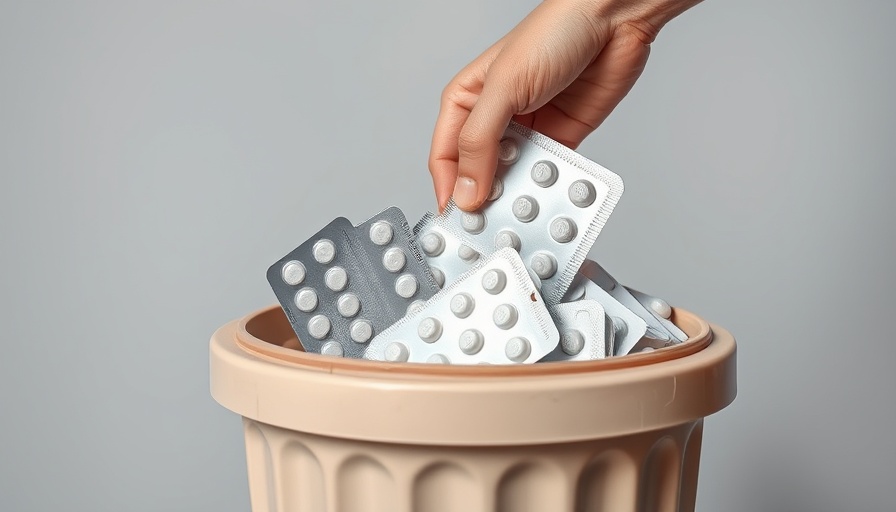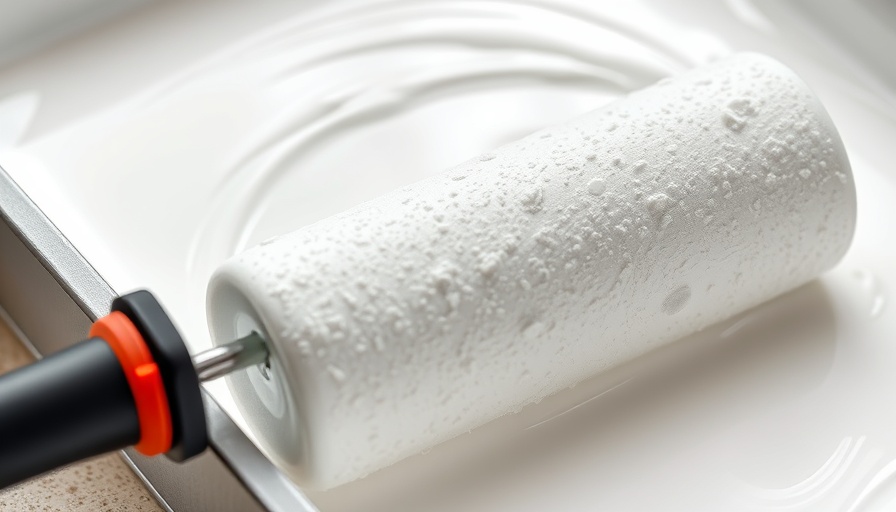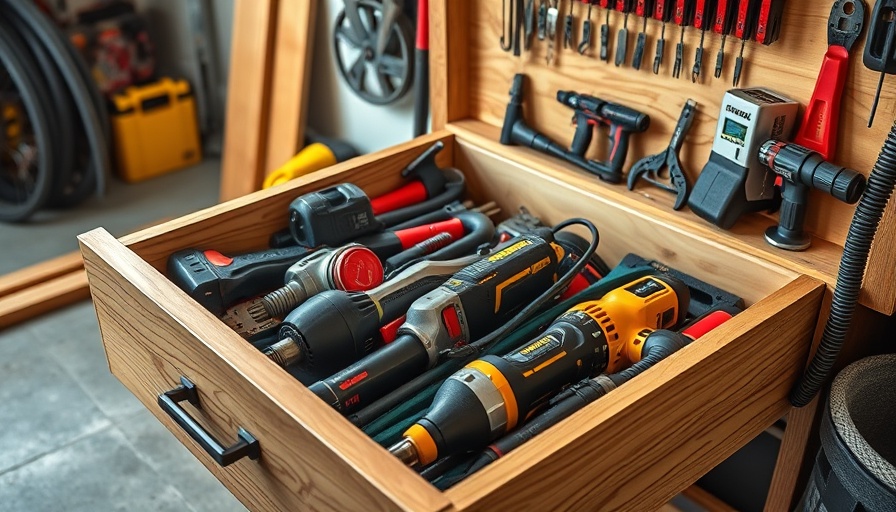
Understanding Your Septic System: An Essential Guide
Your septic system functions much like your digestive system, breaking down waste with the help of beneficial bacteria. However, unlike your stomach, the septic tank cannot handle all substances. When non-digestible items are flushed, it can lead to costly issues that every homeowner should be aware of. This guide covers household items to avoid, explains their impact on your septic system, and provides practical alternatives to keep things running smoothly.
12 Household Items That Can Ruin Your Septic Tank
The health of your septic tank depends on what goes down the drain. Here’s a comprehensive list of common household items that should never be flushed down your toilet or sink:
- Coffee Grounds: Coffee grounds do not dissolve and contribute to sludge buildup over time. They should be composted or thrown away.
- Antibacterial Soaps: While they kill germs, they also harm the beneficial bacteria essential for waste breakdown in your septic system.
- Medications: Flushing unused medications disrupts the natural balance of bacteria and can contaminate groundwater. Opt for drug take-back programs instead.
- Fats, Oils, and Grease: When poured down the drain, they solidify and cause clogs, leading to costly repairs.
- Wipes and Paper Products: Even those labeled as flushable can cause significant blockages.
- Paint and Chemicals: These substances can destroy the bacteria needed to break down waste. Proper disposal through hazardous waste centers is recommended.
- Eggshells and Food Scraps: These do not break down easily in septic systems, so it's best to compost them.
- Hair: Hair can tangle and worsen clogs, so it should be disposed of in the trash.
- Cotton Balls and Swabs: These items do not break down and can accumulate within the system.
- Diapers: Never flush diapers; they are designed to absorb liquids and can wreak havoc on your system.
- Flushable Cat Litter: This type of litter can create a sludge-like mass, leading to potential system failure.
- Disposable Razors: Razors are non-biodegradable and cause physical blockages.
Why These Items Matter: The Science Behind Septic Health
Flushing inappropriate items is like feeding your body harmful substances. Just as you wouldn’t eat razor blades, your septic system lacks the enzymes needed to break down much of what we find convenient but harmful. Many of these items can lead to sludge buildup, clogs, and even total system failure, which can result in expensive repairs or replacements.
Real-Life Consequences: What Can Go Wrong?
If many of these items are continuously flushed, your septic tank will begin to fill quickly. This leads to more frequent pumping, which not only incurs costs but also disrupts your household. For instance, if fats and grease are flushed, they can bind with other materials, forming clogs that back up into your home.
Steps to Improve Your Septic Care
Maintaining a healthy septic system involves simple practices. Regular maintenance, such as pumping your tank every 3 to 5 years, is essential. Additionally, homeowners should engage in practices that promote the thriving of natural bacteria, like using septic-safe products. Finally, educate family members about what items should and shouldn't go down the drain to avoid future mishaps.
Helpful Tips for Septic Health
- Composting Food Waste: This reduces the burden on your septic system and promotes healthier soil.
- Mindful Product Choices: Choose biodegradable and septic-safe soaps and detergents.
- Water Conservation: Use water-efficient fixtures to help manage the water levels in your tank.
Conclusion: Keeping Your Septic System Healthy
Your septic system deserves the same care and respect as other essential home systems. By understanding what items can harm it and adopting best practices for maintenance, you can prevent expensive repairs and ensure a healthy system for years to come.
 Add Row
Add Row  Add
Add 






Write A Comment